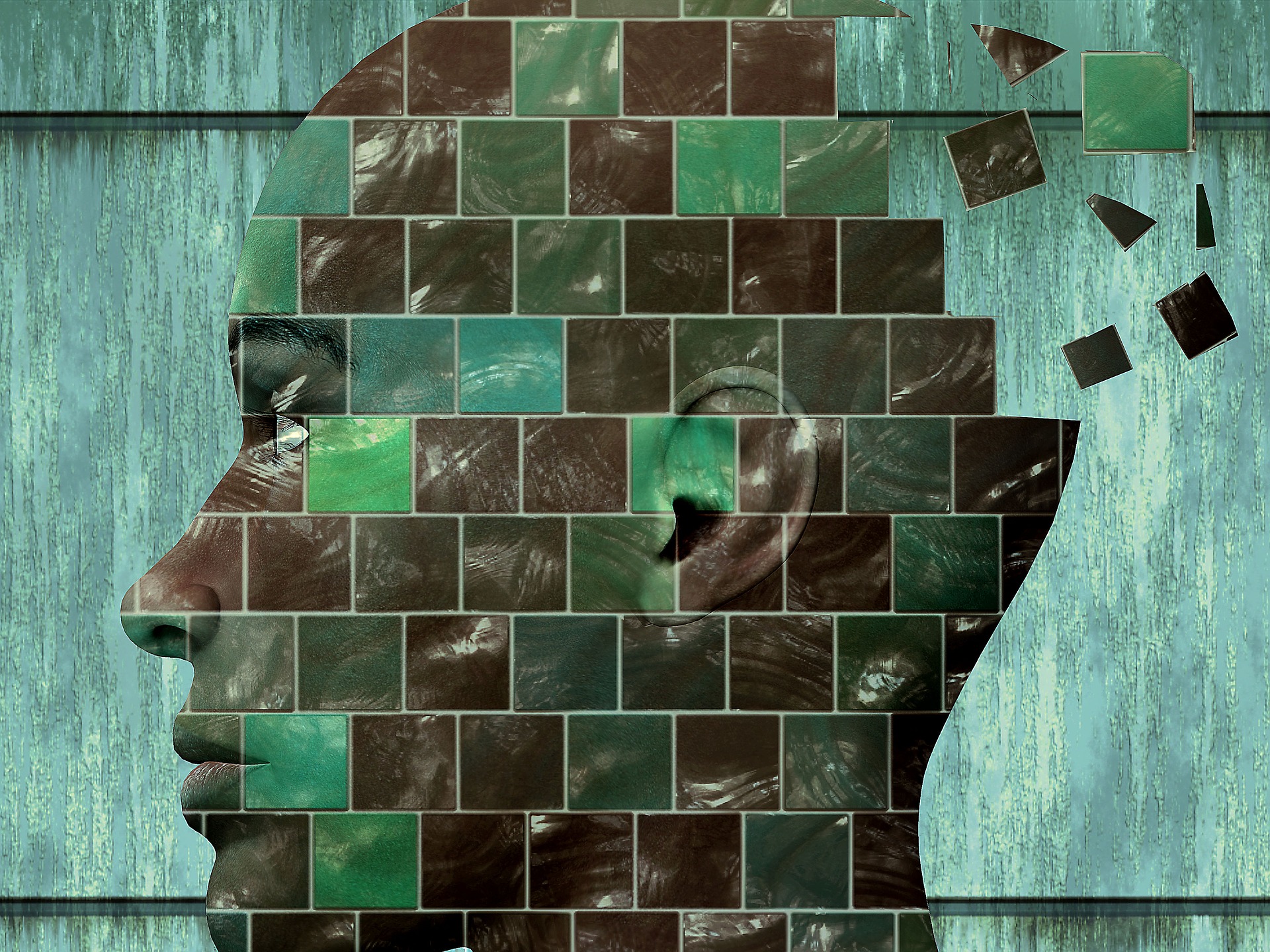Epilepsy is one of the most common serious neurological disorders in the world. More than 50 million people worldwide live with epilepsy, and yet there is still a stigma associated with the very word “epilepsy”. A population-based study in the United States found that one-third of respondents identified stigma—not seizures—as the most difficult part of living with epilepsy. Several studies have demonstrated that illness-related stigma had powerful effects on economic status, psychological well-being, social interactions and overall health, even greater than the effects of the illness itself. Stigma can interfere with timely access to healthcare, early diagnosis, treatment and adherence to treatment and lifestyle recommendations. Stigma is linked to a broad range of psychosocial consequences, including a loss of self-esteem, social withdrawal, and isolation (NIH:2011).
It is for these reasons that depression is common among people with epilepsy. It is estimated that one of every three persons with epilepsy will have depression during their lifetime, often with accompanying symptoms of anxiety disorder. In adults, depression and anxiety are the two most frequent mental health-related diagnoses. Depression or anxiety in people with epilepsy can be treated with counseling or most of the same medications used in people who do not have epilepsy (NIH:2021). People with epilepsy do not need to simply accept that depression is part of having epilepsy. The tendency for individuals with epilepsy to face stigmatization may seem universal and unavoidable, but this can in fact be changed. Conscious thought, changes in social policies, positive cultural perceptions, and mindfulness of individual attitudes and behavior all will help to end the myths and stereotypes surrounding epilepsy for good. (Learn more)

